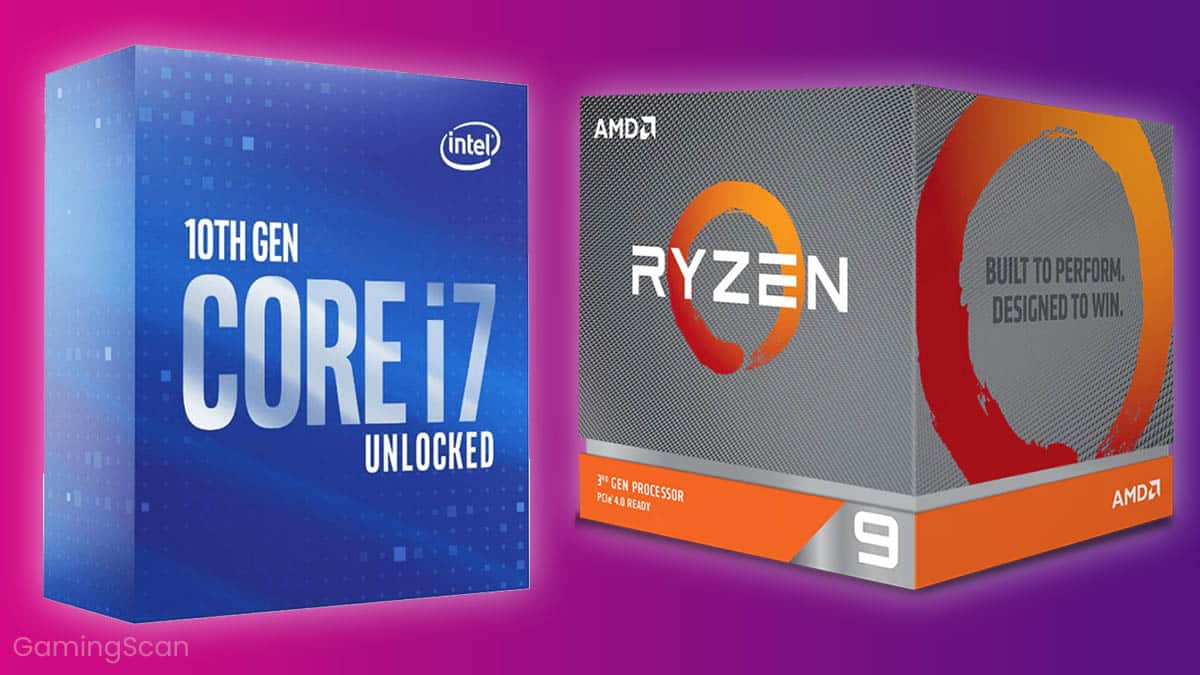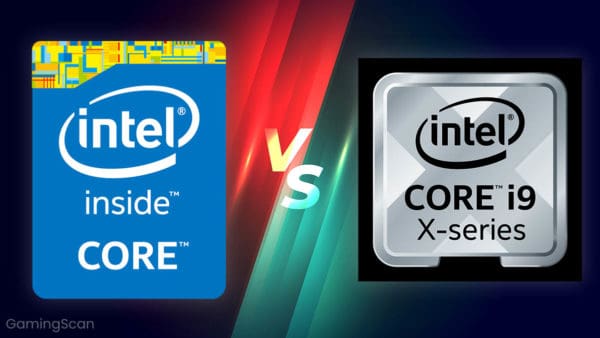Answer:
Generally speaking, six cores is usually considered optimal for gaming in 2024.
Four cores can still cut it but would hardly be a future-proof solution. Eight or more cores might provide performance improvement, but all this depends mainly on how a particular game is coded and what GPU the CPU would be paired with it.
Picking the right GPU for gaming is relatively easy. You just check some benchmarks and decide the performance you can get for the kind of money that you’re willing to spend.
However, CPUs are a somewhat different story.
True, a CPU’s performance also depends on its specifications. But it’s harder to gauge a CPU’s gaming performance since it varies significantly from game to game and also depends on what GPU the CPU is paired up with.
Still, there’s one CPU spec that stands out most of the time, and that’s the core count.
So, how many CPU cores do you need for gaming in 2024, and is a core count even that important? Read on and find out!
Let’s start with the basics.
Table of ContentsShow
What Is A CPU Core?
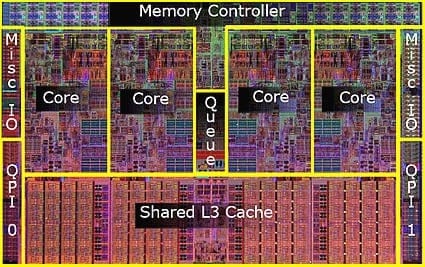
In layman’s terms, the core count indicates how many tasks a CPU can handle simultaneously. Back in the day, single-core CPUs weren’t capable of multitasking. Instead, they would just quickly cycle and switch between priority tasks. Needless to say, it didn’t make for a very smooth performance.
This changed in 2005 with the release of the first-ever commercial dual-core CPUs, which paved the way for other multi-core processors. It didn’t take long for CPUs with 4, 6, 8 and more cores to hit the market over the coming decade.
Still, while multi-core CPUs can deliver clear improvements in regard to multitasking and various professional software, how much of a difference does a higher core count make when gaming is concerned?
Single-Core vs Multi-Core Gaming Performance
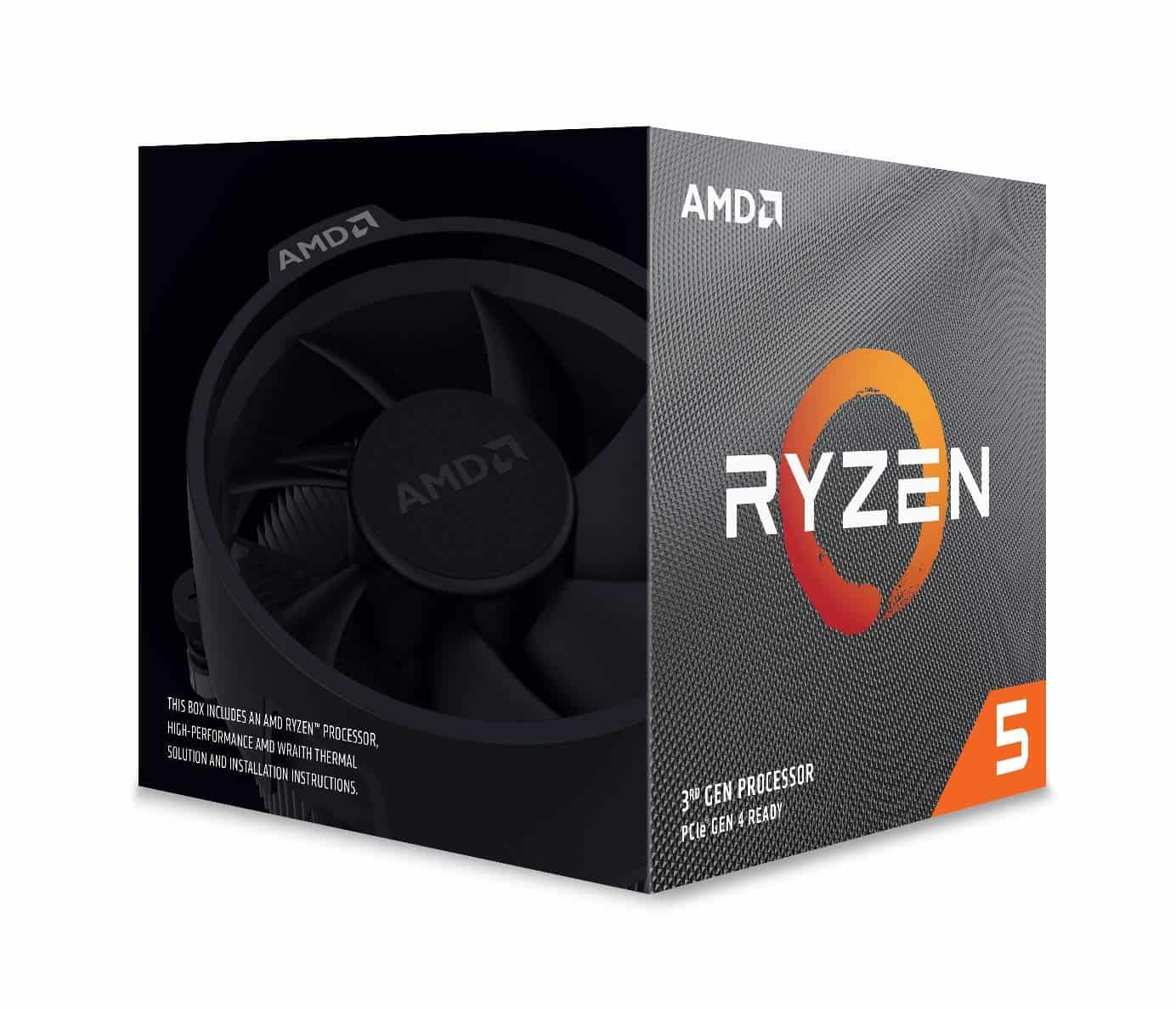
In the past, having a CPU with a high core count didn’t usually mean much since many games simply weren’t programmed to take full advantage of multiple CPU cores. However, the situation has changed drastically in recent years.
Naturally, since multi-core CPUs have been mainstream for well over a decade at this point, developers started to make proper use of these CPU’s capabilities, optimizing their games for multi-core performance.
Single-core performance is still more important than multi-core performance for gaming. Nonetheless, since most games today will ultimately be utilizing multiple CPU cores, the core count shouldn’t be neglected either.
That said, if we were to make some generalizations, we’d say that going with six cores is the best middle-ground for gaming in 2024. The prime CPU picks for most mid-range builds are the Intel Core i5-9600K or the AMD Ryzen 5 3600X.
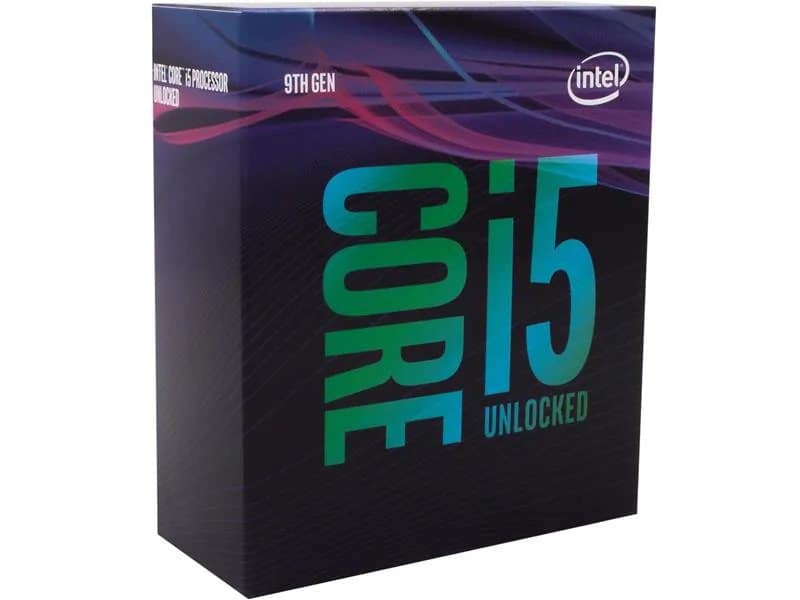
That doesn’t mean that quad-core CPUs are suddenly inadequate for gaming. In fact, they remain highly viable for budget builds.
Sadly, today’s quad-core models can hardly be called future-proof, and they will inevitably bottleneck most mid-range cards to a certain degree. On the other side of the spectrum, the benefit of CPUs with eight or more cores will depend entirely on what GPU you would be pairing them with.
For example, there’s no point in pairing up an i7-9700K with a GTX 1660 Ti, but if you’ve got your sights set on a high-end GPU such as, say, the RTX 2080 Super, then a more powerful i7 or Ryzen 7 CPU would be a good idea.
Physical Cores vs Logical Cores
While we are on the subject of CPU cores, we must also mention logical cores, or threads, as they are more commonly referred to.
Intel’s hyperthreading and AMD’s multithreading technologies allow for a single physical core to handle two tasks simultaneously, thus functioning as two separate logical cores.
So, is multithreading/hyperthreading any good? The answer is most certainly yes.
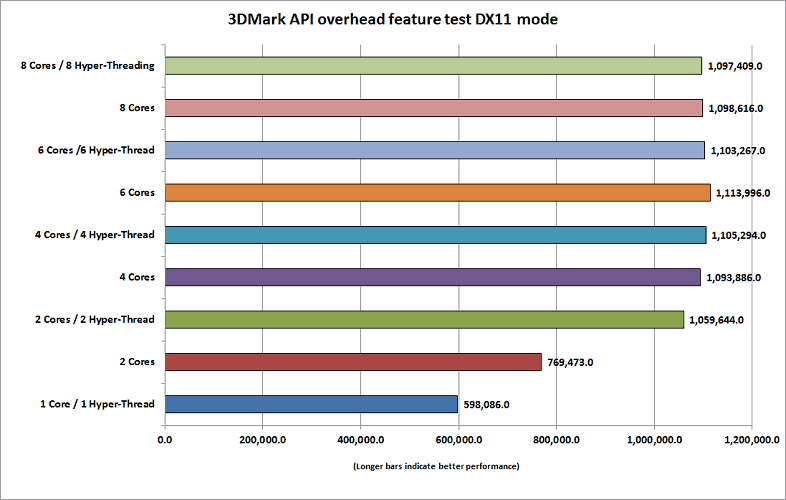
Most of AMD’s Ryzen lineup features multithreading, including everything from budget to mid-range models. Meanwhile, when it comes to Intel’s 9th generation CPUs, only the high-end i9 models came with hyperthreading.
However, the upcoming 10th generation Comet Lake models will feature hyperthreading to better compete with AMD on that front.
Now, while a higher thread/core count helps with overall performance, the exact in-game performance will inevitably vary from game to game.
Just because the Ryzen 5 3600X has 12 threads while the i5-9600K has only six doesn’t necessarily mean that the former will offer better in-game performance. As we’ve mentioned before, it mostly comes down to how the game is coded and what GPU we’re talking about.
As you can see from the video above, sometimes the difference in performance is negligible or pretty much non-existent, all the while there can be a significant gap in some games, if only at certain points.
Bottlenecking
We have already touched upon the subject of bottlenecking, and you might have wondered what it means.
In essence, if a GPU isn’t working at maximum capacity because the CPU is too slow and cannot issue instructions fast enough, then you’re looking at a bottleneck. The same applies to when you pair an overpowered CPU such as the i7-9700K with a weaker budget GPU such as the GTX 1650 Super.
In such a scenario, having a more powerful CPU won’t get you any extra in-game performance, and you would just have spent extra money on the CPU for no reason.
Ultimately, there is no reliable way to pinpoint precisely to what extent a particular CPU will bottleneck a specific GPU. Bottleneck calculators can give you a decent estimate as to what a good CPU/GPU combo would look like, but they are far from being 100% accurate.
If we were to make some generalizations:
- Ryzen 3 and i3 CPUs are suitable for budget GPUs e.g. Radeon RX 580 or GTX 1650 Super
- Ryzen 5 and i5 CPUs are good for mid-range GPUs e.g. Radeon RX 5600 XT or RTX 2060 Super
- Ryzen 7 and i7 CPUs are good for high-end GPUs e.g. RTX 2070 Super or RTX 2080 Super
As for the more powerful Ryzen 9 or i9 CPUs, those are generally overkill for gaming PCs unless you plan on using some CPU-intensive professional software or setting up a multi-GPU configuration.
Conclusion
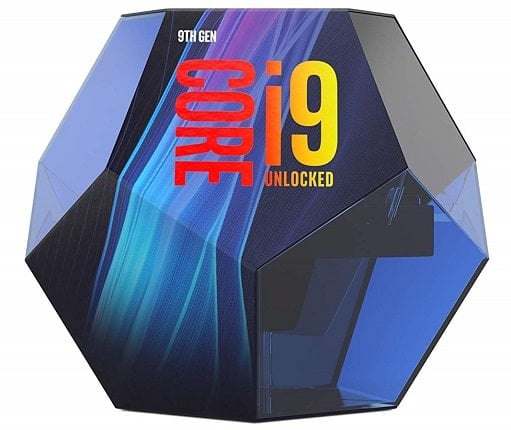
As you can see, there is no simple or straightforward answer to the main question. Up until a few years ago, dual-core CPUs were still viable in some builds. Today, however, quad-cores are already on the verge of being obsolete due to the rapid increase in core and thread counts.
To summarize, in 2024, quad-cores will generally only really cut it for budget builds, while hexa-core CPUs are often your best bet for mid-range configurations. Meanwhile, octa-core CPUs are suitable for high-end PCs.
As mentioned in the article, those are just generalizations, and the actual performance that you get will vary from model to model, from GPU to GPU, and from game to game, so it’s always a good idea to look up some benchmarks!
